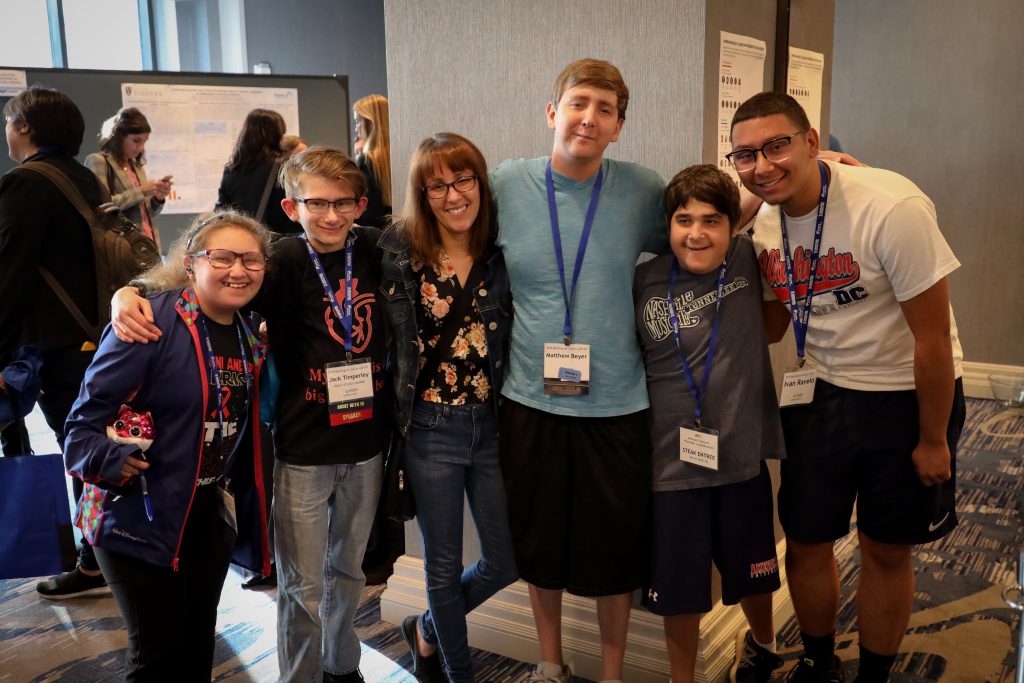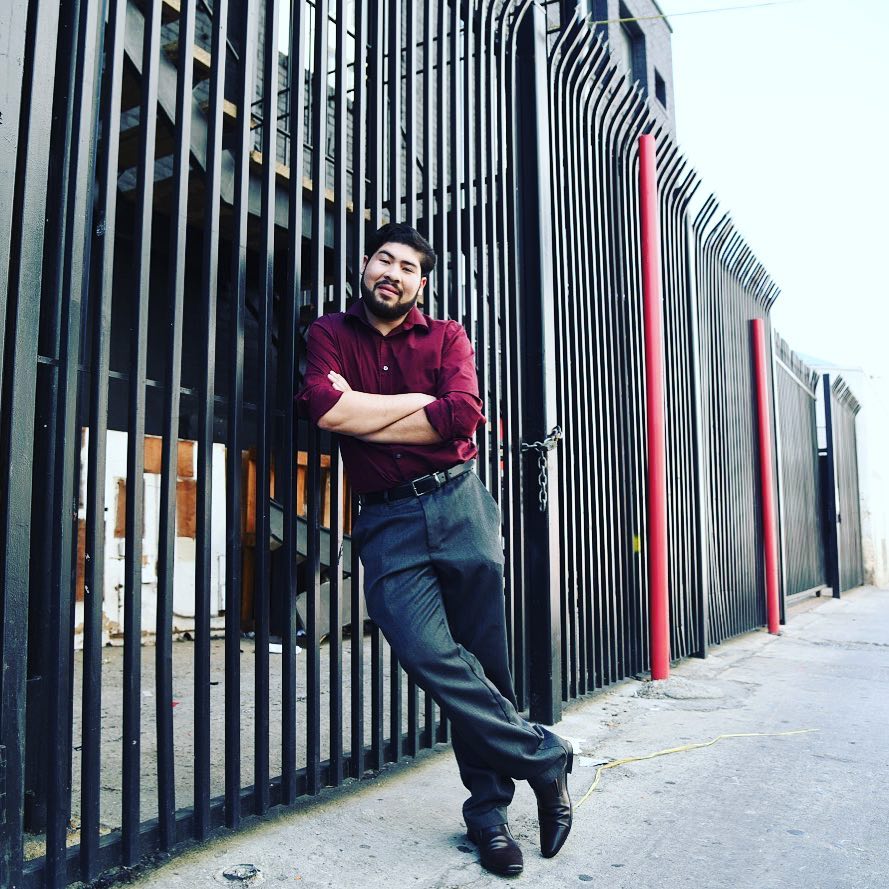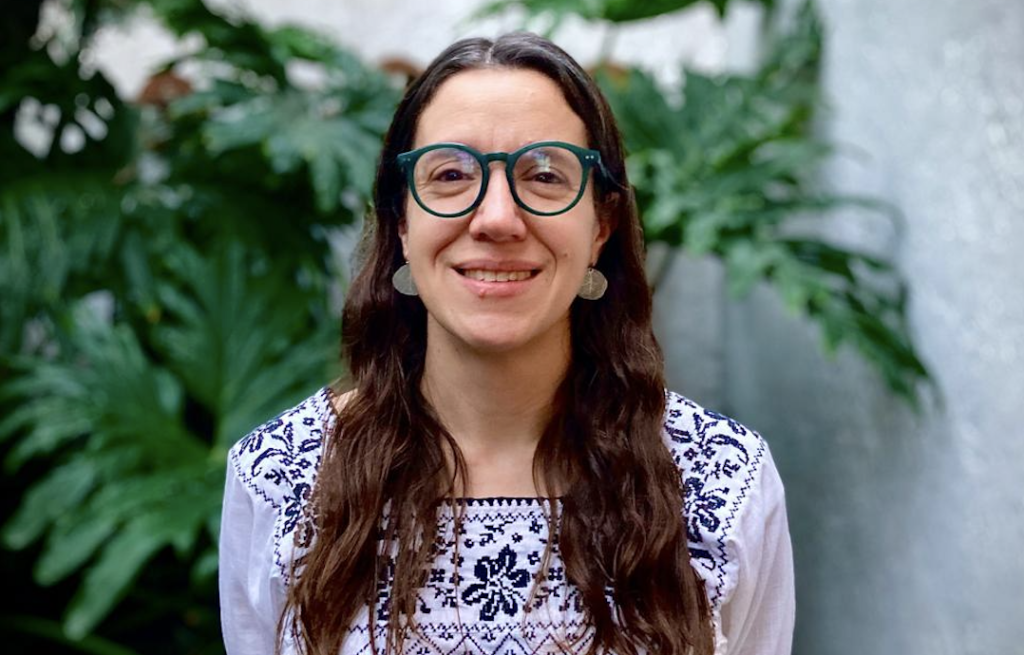
Institution: Laboratorio de Citogenetica, Instituto Nacional de Pediatría, Mexico City, México
Area of expertise: Medical genetics, dysmorphology.
My work:
I am a medical geneticist from Mexico City, introduced to the field of Fanconi anemia (FA) by my mentor, Dr. Sara Frias, whom we fondly call the “Fanconizer in Chief.” Together with my colleague Moisés Fiesco Roa, we manage the Fanconi Anemia Registry in Mexico (RAFMex). We focus on studying the physical traits associated with the condition. While the physical phenotype of individuals with FA is known to be highly variable, there are recognizable patterns of physical features consistent with an FA diagnosis.
Leveraging our background as dysmorphologists—the study of human body structure variations—we systematically document the physical characteristics of individuals with FA. Our goal is to better understand which traits are part of Fanconi anemia and explore hypotheses about how these features develop.
Ultimately, we aim to propose clinical diagnostic criteria for FA. This would help raise diagnostic suspicion during initial medical visits and improve the selection of individuals for confirmatory FA testing, which is often difficult to access and expensive, particularly in low- and middle-income countries.
A detailed description of the physical phenotype, one of the least studied aspects of FA, could also provide valuable data for making genotype-phenotype associations and help explain why certain physical patterns are linked to specific genotypes.
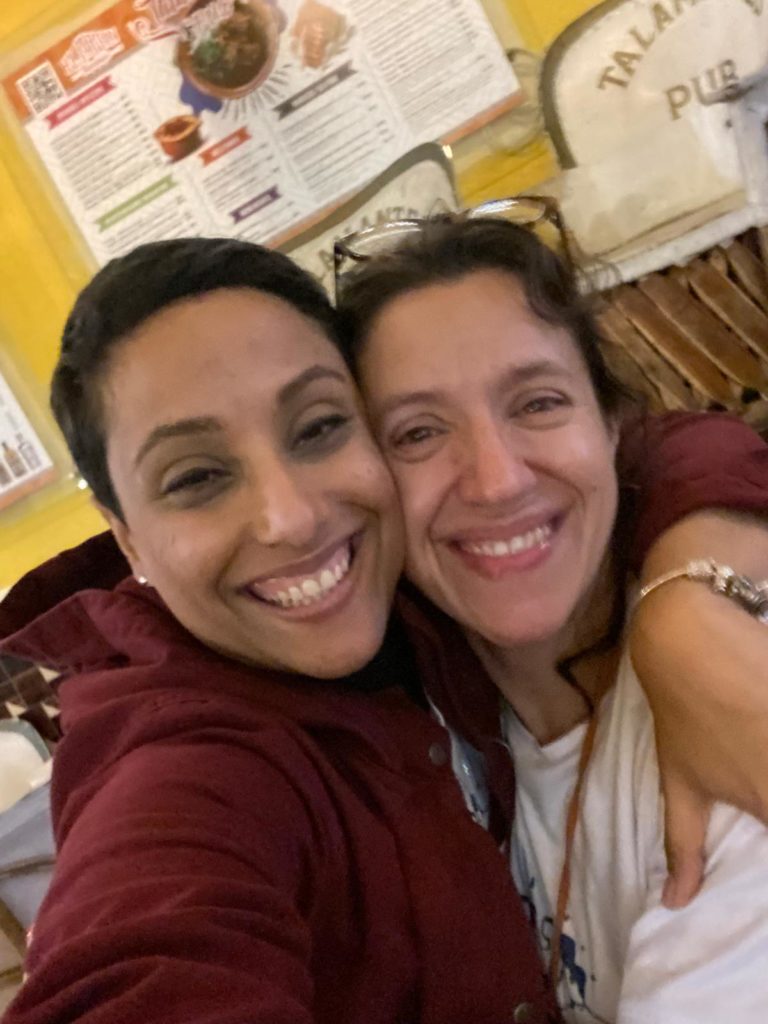
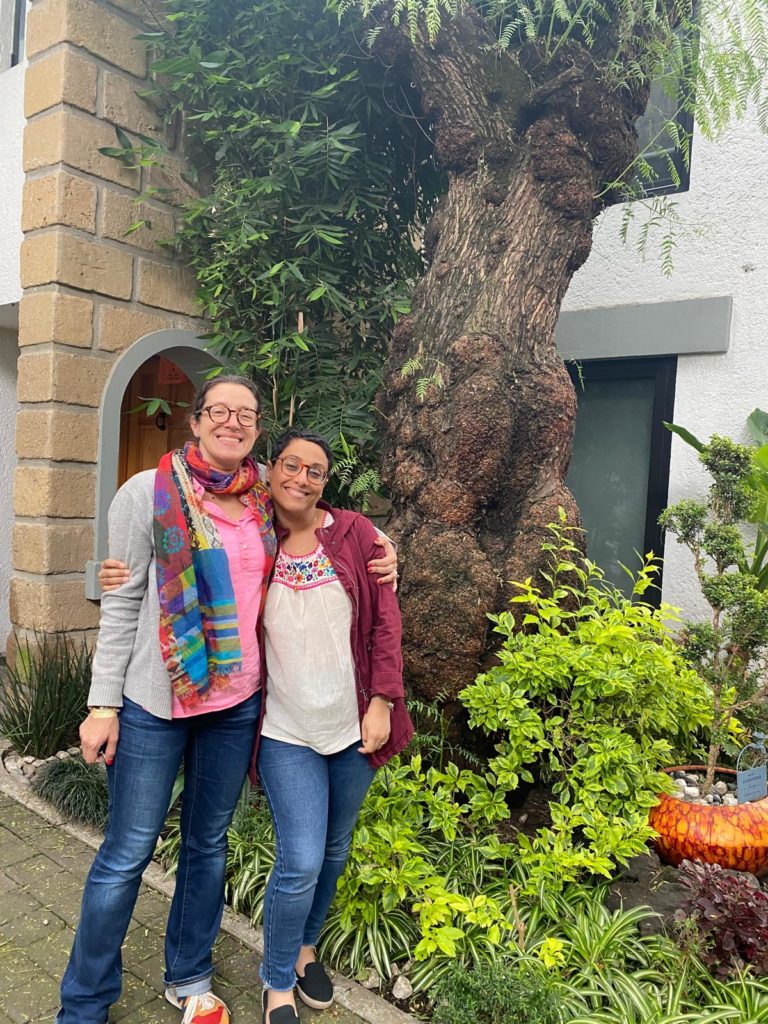
What motivates me to work on FA:
Working on FA is exciting! Despite astonishing advances in the field there is still much to learn. The community is vibrant, the collaborative spirit between individuals with FA, caregivers, physicians and scientists is a fantastic setting that ensures research has a direct impact in the lives of people living with FA.
There are abysmal differences around the world regarding access to information, follow-up, and treatment for individuals with FA. I am committed to do everything I can to reduce this gap, and to put a spotlight on the work that we do in Mexico that can benefit the FA community worldwide.
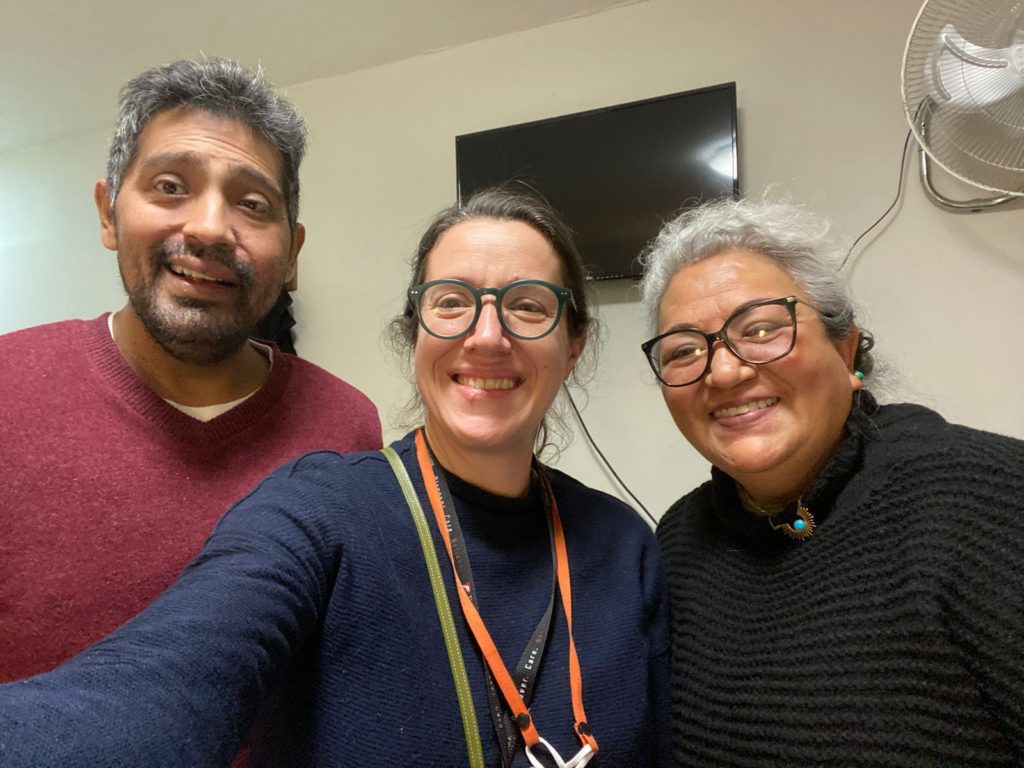
When I’m not working, you could find me:
Asking my daughters to wear shoes and sweaters, reading adventures books with them, and practicing spells to keep scary thoughts away. You can also find me laughing at my husband’s jokes and enjoying good times with friends and family.
What I want FA families to know:
Complicity between individuals with FA and scientists/physicians is a very potent tool to tackle the relevant and pressing questions that result in advancing the well-being of individuals with FA. It is also a powerful motor to stimulate scientists to bring their best to the table. Being part of the FA community is a real privilege.


